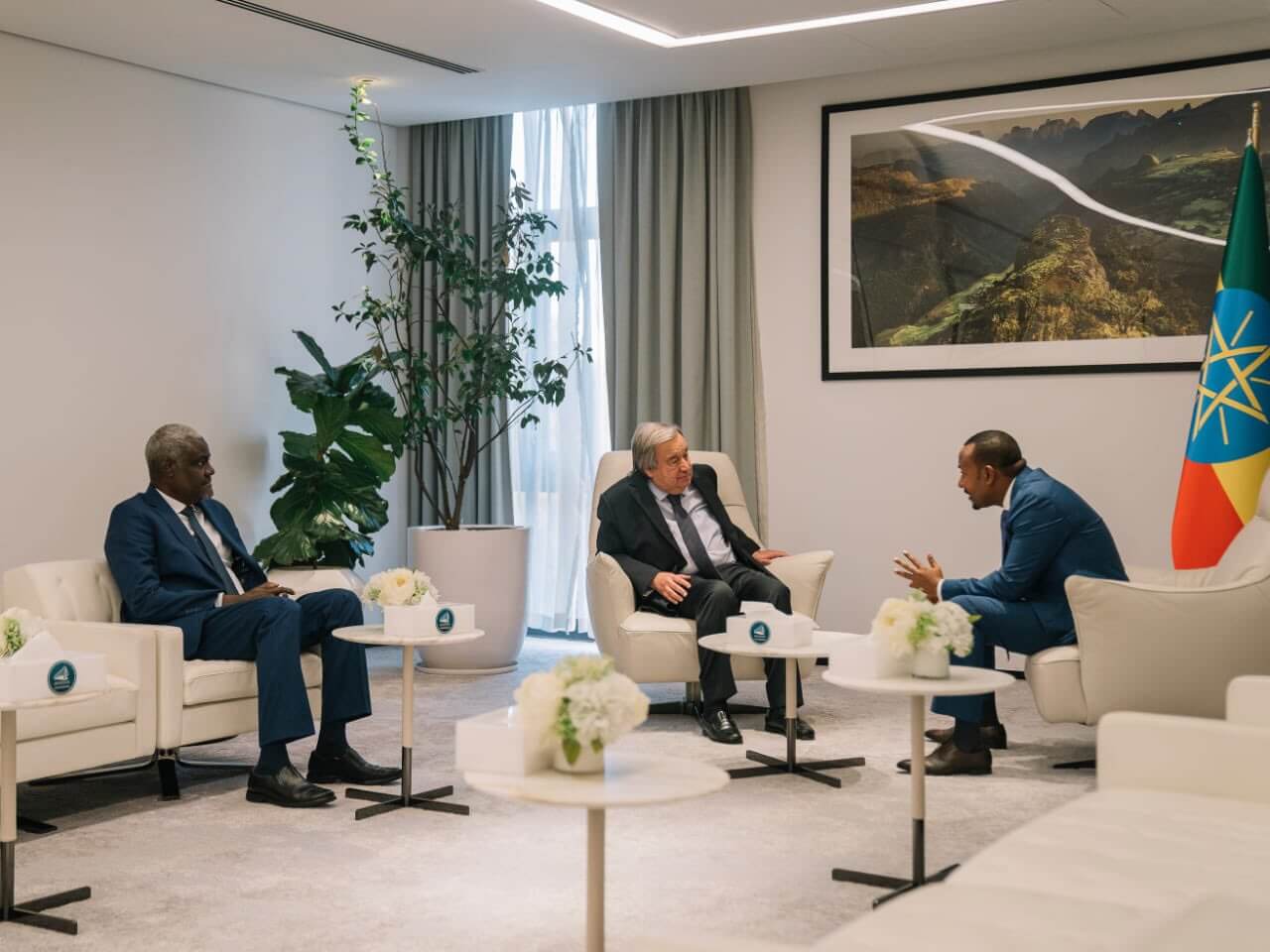On Monday, the Ethiopian government and the Tigray People’s Liberation Front (TPLF) began disarmament talks in Tigray in continuation of last month’s peace deal, which called on the TPLF to disarm and disengage within 30 days.
The government communication service released a statement saying a technical joint committee comprising representatives from Addis Ababa and the TPLF began negotiations for the “disarmament of Tigray combatants” in the town of Shire. Noting that disarmament talks have been delayed so far due to “technical reasons,” the statement said the two parties would finalise the details of the disarmament in the coming days.
However, TPLF officials noted separately that the disarmament process would not start unless Eritrean soldiers and militants withdraw from Tigray. A TPLF commander, Tadesse Werede, told the media on Thursday that “it is difficult to even think about a disarmament issue” as long as these forces are present in Tigray.
The Technical Planning Joint Committee which is expected to outline the detailed plan for the disarmament of Tigray combatants has convened in Shire town. pic.twitter.com/99pNGoQURb
— FDRE Government Communication Service (@FdreService) December 1, 2022
Even though the peace deal does not mention anything about Eritrean troops and other militias leaving Tigray, the TPLF has insisted that it will only agree to disarm once the Ethiopian government has confirmed the removal of foreign fighters.
Meanwhile, Addis Ababa has delayed restoring internet services to Tigray despite promising to restore public services and rebuild infrastructure in the war-torn region in the peace deal. Ethiopian Technology Minister Belete Molla said earlier this week that the government has set “no timeline” for ending the internet blackout.
He noted, however, that Addis Ababa would eventually restore internet and other services to the region. Since the Tigray war began in November 2020, the Ethiopian government has cut internet and telecommunications services to the region, leaving almost five million Tigrayans without access to the internet, in what experts say is the world’s longest uninterrupted internet shutdown.
I warmly welcome to #Ethiopia UNSG @antonioguterres. Joined by AUC Chair @AUC_MoussaFaki, we held fruitful discussions on a number of issues. I look forward to our strengthened collaboration. pic.twitter.com/u5t3yuUbh7
— Abiy Ahmed Ali 🇪🇹 (@AbiyAhmedAli) December 1, 2022
Last month, the Ethiopian government and the TPLF signed a landmark peace deal ending the two-year-long civil war in Tigray. The warring parties agreed to a deal after days of intense negotiations led by the African Union (AU) in Pretoria.
The two sides agreed to “permanently silence the guns” in Tigray, with the rebels committing to a detailed programme of disarmament, demobilisation, and reintegration for combatants. Abiy’s government also promised to rebuild the region and expedite the delivery of humanitarian aid.
Days later, Prime Minister Abiy Ahmed said his government is ready to help rebuild Tigray, vowing “to implement honestly” the Pretoria Peace Deal, noting that Ethiopia’s diplomacy is based on the “principles of liberty, equality, and justice.”
Peace is never easy — but it is always necessary.
— António Guterres (@antonioguterres) December 1, 2022
The @UN will continue working with the @_AfricanUnion to deliver the peace, prosperity and climate justice that the people of Africa deserve. pic.twitter.com/GVH3x2Tij1
The international community praised the deal, including the United Nations, which vowed to continue supporting the TPLF and the Ethiopian government in implementing the deal’s provisions.
In this respect, UN Secretary-General António Guterres visited Addis Ababa on Thursday to reiterate the world body’s commitment to peace. During a meeting with Abiy and AU chairperson Moussa Faki Mahamat, Guterres said the UN is “fully committed” to ensuring that ceasefire prevails and humanitarian access is maintained. Abiy tweeted that he had “fruitful discussions” with Guterres and Mahamat.
The conflict in Tigray has killed tens of thousands of people, displaced over two million, and witnessed grave human rights violations, including mass killings, rapes, and deliberate starvation. Both the Ethiopian government and the TPLF have been accused of committing atrocities.
According to the World Food Programme, around 10 million people in northern Ethiopia are in dire need of food assistance and the situation could get worse if aid continues to be restricted. It has also been reported that 40% of Tigrayans suffer from an “extreme lack of food,” 83% are food insecure, and 13% of Tigrayan children under the age of five are malnourished.

